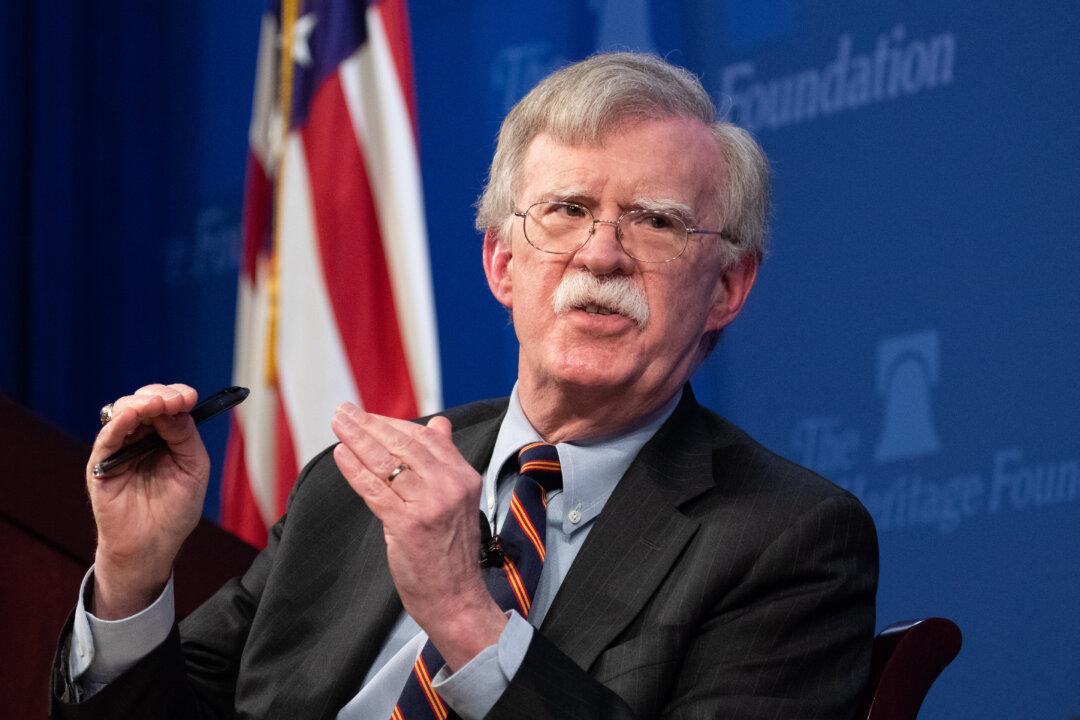Former national security adviser John Bolton criticized the temporary hostage and cease-fire deal between Israel and the Hamas terrorist group secured on Nov. 21, saying “it’s a very bad deal” for Israel.
“It’s another swap of hostages, innocent victims, for criminals that are in Israeli jails at a ratio of three to one in favor of the Hamas terrorists,” Mr. Bolton said.




